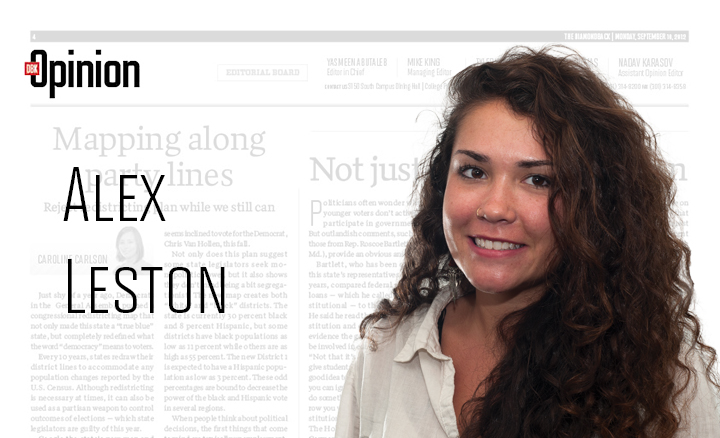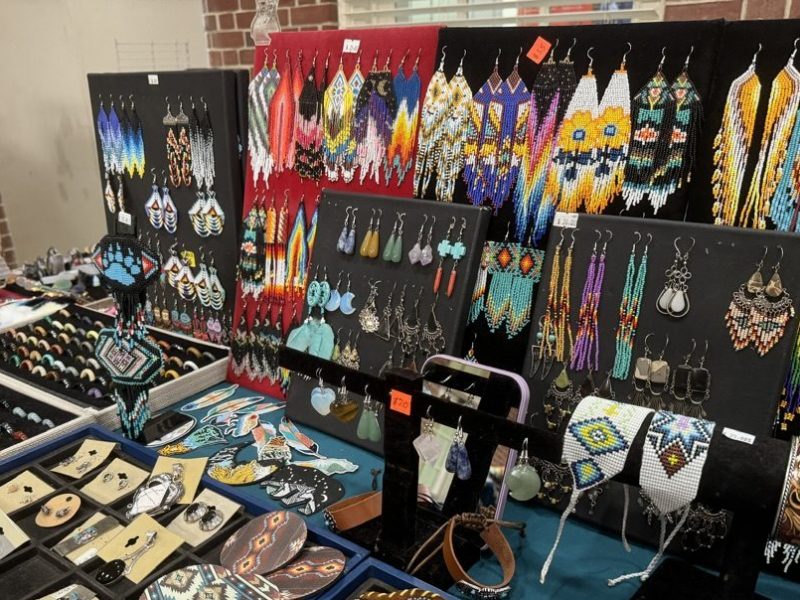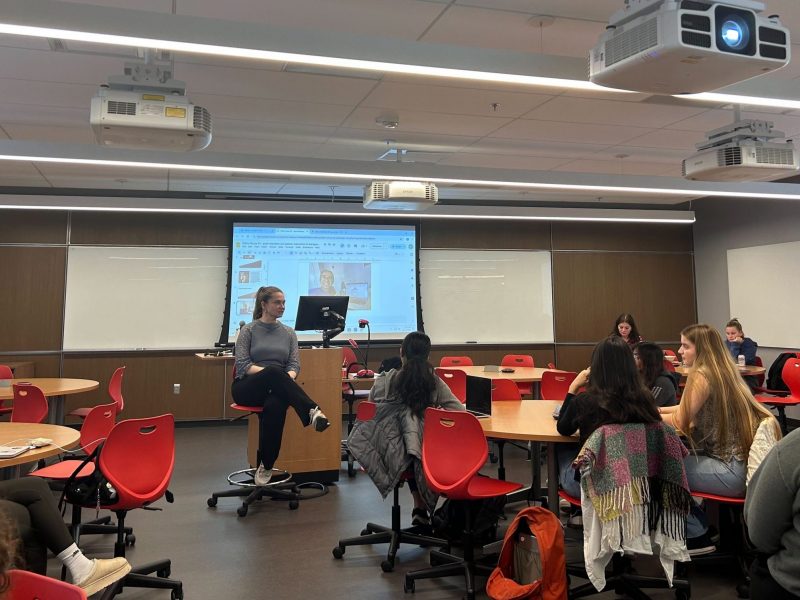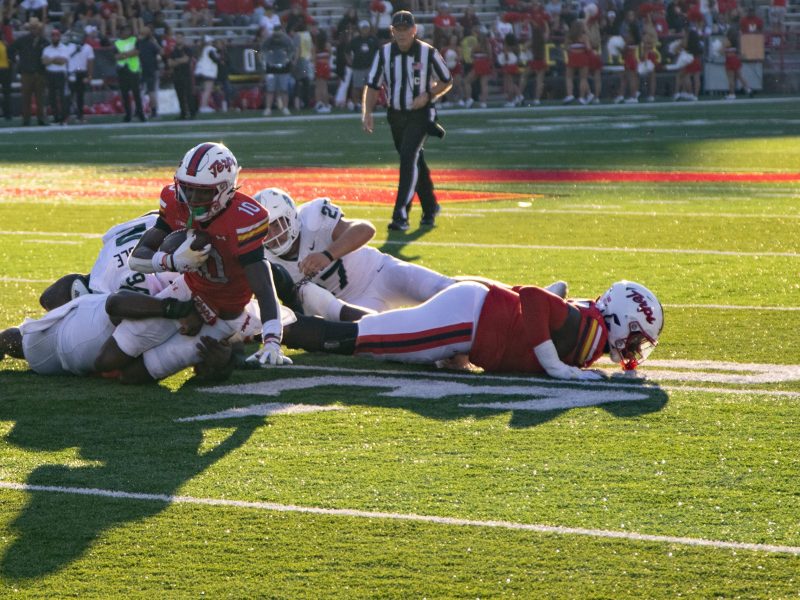
Sophomore English major
When I was 11, I was baptized into a non denominational Christian church. I am not religious and never have been; my father is a forcefully proclaimed atheist and my mother will assert nothing more than she believes in “something.” I was baptized because my mother felt I ought to be exposed to religion in order to make an informed choice about it on my own. I was grateful for this freedom, but after a year of Sunday services, I decided organized religion was not for me.
Two years after I was baptized, my parents and I moved from a white, conservative, Christian town in Texas (yes, Texas) to Brooklyn, N.Y. I was happy about this change for reasons that anyone who has ever been to Texas can probably infer. (Although those who haven’t could probably guess them, too.)
In Texas, my lack of religious faith had greatly ostracized me from my classmates. I hadn’t announced it, but I had no answer to the question, “What church do you go to?” So they knew. It was not uncommon for a friend, neighbor or peer to try to convert me — dragging me to youth groups, Bible studies or even (once) a Christian rock concert. From the time I moved there to the time I left, it was made clear to me that my personal belief system was unacceptable.
After leaving Texas for Brooklyn, the contrast made me impatient with any form of religious dialogue. In my school, in my neighborhood, with my friends and at parties, religion was not discussed. I knew many people who were religious and many people who were not in any traditional sense, but faith was practiced quietly and privately. We were not transcending religion — we were simply not addressing it.
In this more diverse environment, I grew to associate all religious conversation with the sort of invasiveness I had experienced as a kid in Texas and saw it as an inherently unproductive thing. I held this view for several years — up until a few weeks ago.
This semester, I’m taking a class with Suheil Bushrui called HONR 249W: The Spiritual Heritage of the Human Race. Focusing on peacemaking through interfaith dialogue, the class aims at “transforming the ‘tolerant’ approach many religious believers have toward religions … other than their own to an attitude of deep respect.” In other words, it maintains that productive religious dialogue is an essential answer to both intrapersonal and international conflict — not discussing it is not enough.
Off the top of my head I could list probably two dozen violent crimes or wars that have been perpetrated in the name of God or because of religious conflict and misunderstanding. I’m sure you could name plenty more, but that’s not what I want to talk about today.
In his class, Bushrui asserts that there are overarching commonalities that unite all religions, and even all non religious forms of spirituality and faith. He maintains the similarities between different spiritualities are more abundant and more powerful than the things dividing them.
So I want to talk about what unites us — shared practices, traditions, texts and beliefs. I have shared my personal history with you because I want to talk about religion rather than ignore it, and because I finally do believe these conversations (when respectful) are necessary. Especially between those of different or dissenting faiths — and especially today.
Alex Leston is a sophomore English major. She can be reached at leston@umdbk.com.



